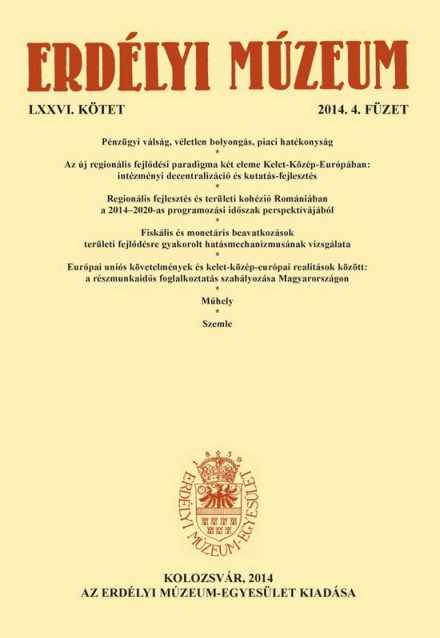A büntetőjogi jogharmonizáció fejlődésének nyomon követése az Európai Unióban
Evolution of the Harmonization Process of EU Member States’ Penal Legislation Systems
Author(s): Hunor KádárSubject(s): Law, Constitution, Jurisprudence
Published by: Erdélyi Múzeum-Egyesület
Keywords: penal legislation
Summary/Abstract: In the present paper the author undertakes a detailed analysis of the evolution of the legislation destined to help in the harmonization of the various EU member states penal systems. With this in mind the author starts off with the common basis for the harmonization process, namely the Treaty of Maastricht, and continues to present in chronological order the different modifications brought to the system by the Treaties of Amsterdam and Lisbon. In this order of thought the Treaty of Maastricht regulated only on a theoretic level the possibility of a common aquis communautaire, while the Treaty of Amsterdam already empowered the Council of the European Union to adopt mandatory framework decisions in order to establish a common incrimination of the gravest of crimes. The Treaty of Lisbon completely restructured the legal norms pertaining to the penal law, enabling the Council of the European Union and the European Parliament to adopt directives with which to obligate the member states to adopt legal instruments which in turn would safeguard certain social values pertaining to the interests of the EU. Further on the author undertakes a comparison with the help of which analyses the judicial advantages and drawbacks of the harmonization process materialized through the adoption of the framework decisions and the directives respectively. The author concludes that the aquis communautaire adopted through the directives is more binding for the member states than the one put in place by the adoption of the framework decisions.
Journal: Erdélyi Múzeum
- Issue Year: LXXVI/2014
- Issue No: 4
- Page Range: 229-239
- Page Count: 11

